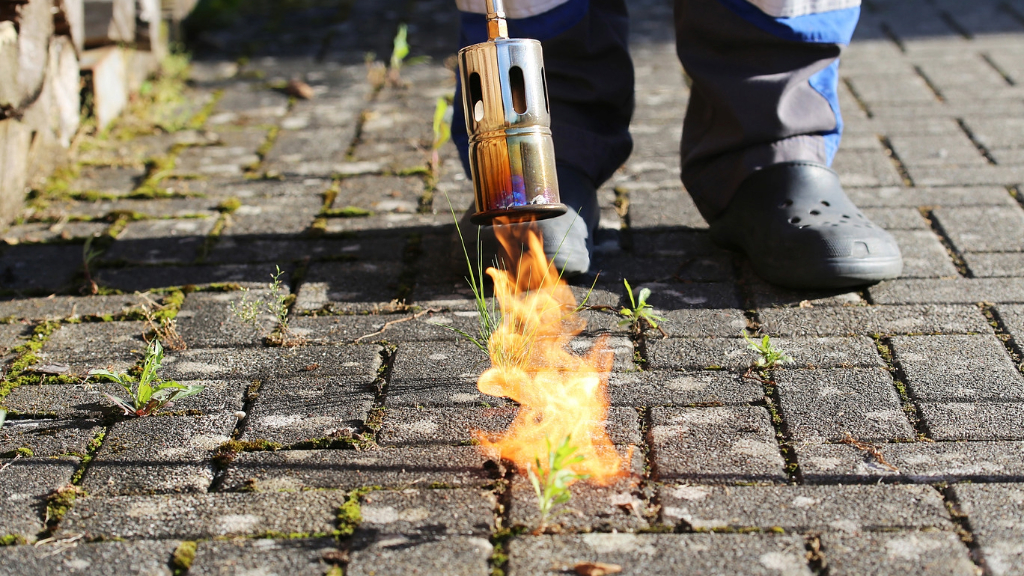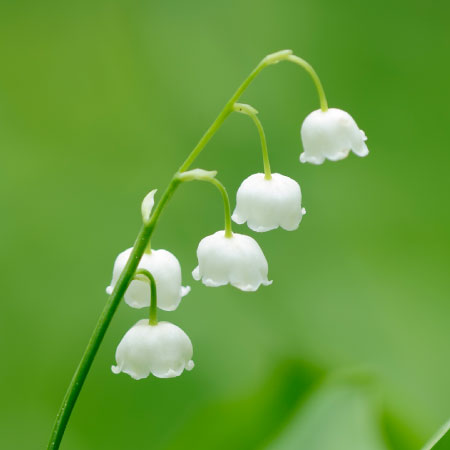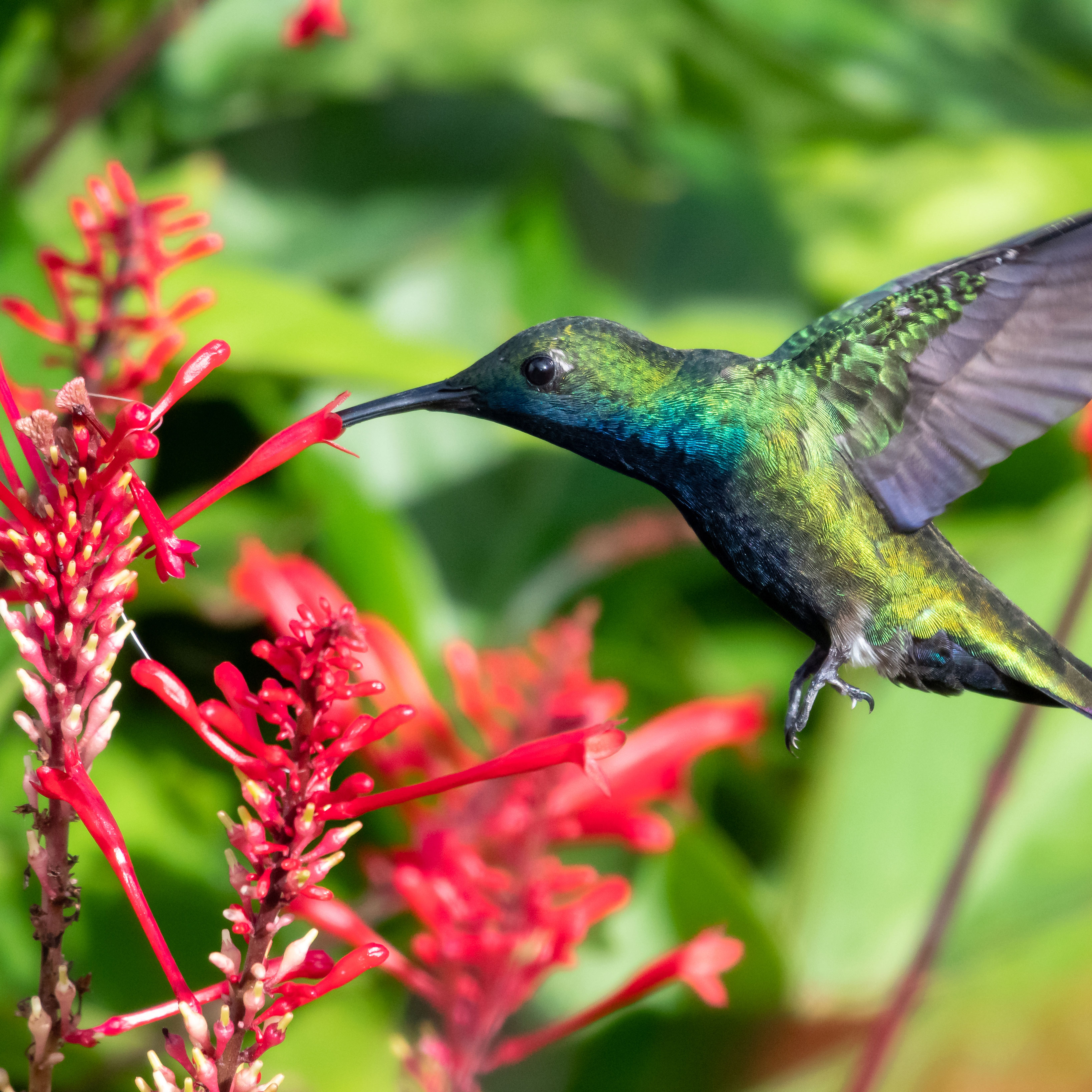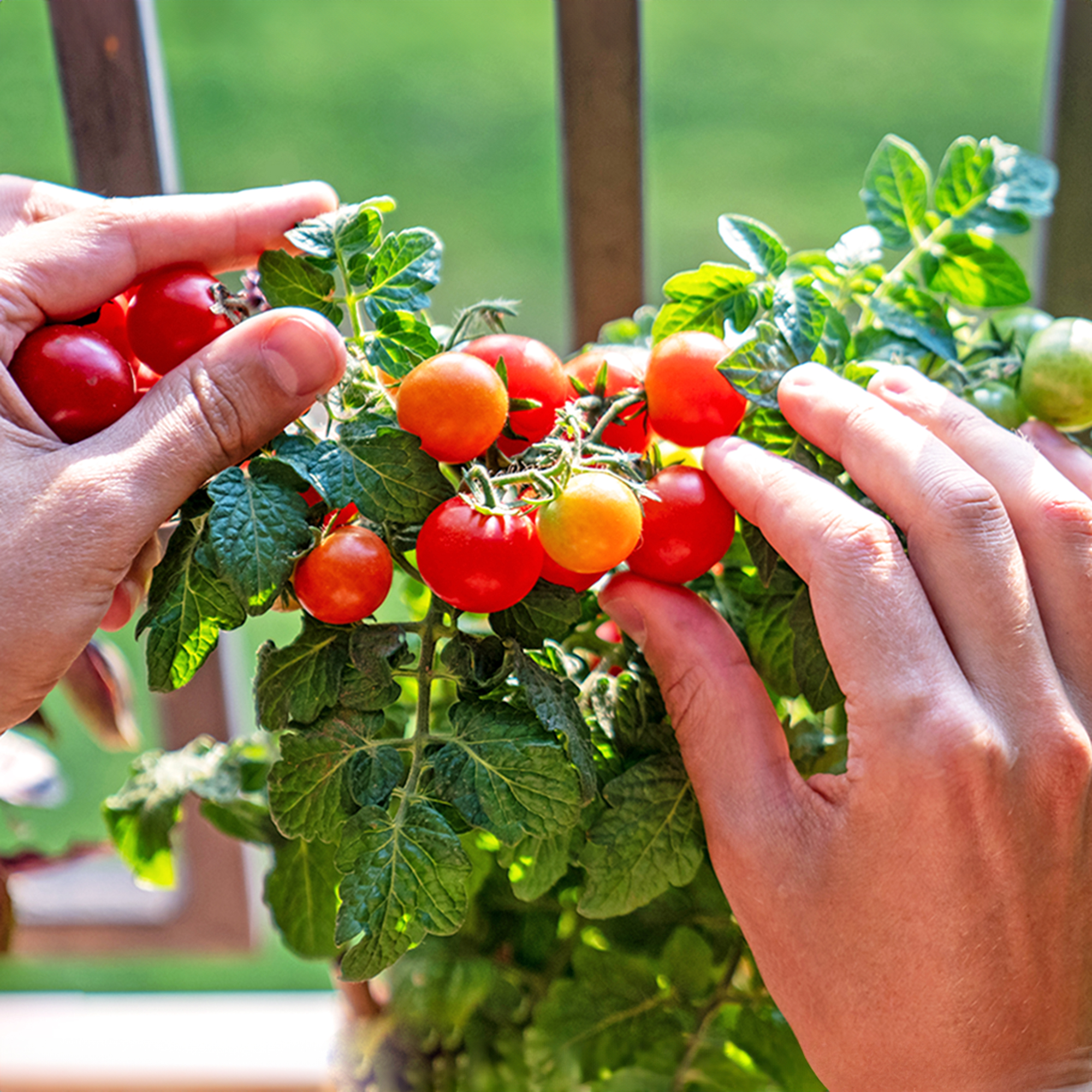Flame Weeding Pros And Cons: Is Flame Weeding Bad Or Good


It is time to take stock of the damage we do to the earth. Everything we put into it will come back to haunt us in the future. Flame weeding is an organic labor-saving way to eradicate weeds without the use of harmful pesticides. That is why flame weeding is so earth friendly. The small amount of CO2 is offset by the lack of chemicals which can harm beneficial insects, foul water sources and damage invertebrates, as well as the ease and speed of the task. While these pros of flame weeding may certainly spark your interest, you should become aware of the disadvantages of flame weeding too, before you follow your burning desire to invest in this weeding strategy. Read on to see if the pros stack up in favor of weed flaming and if it's right for you.
Flame Weeding Pros - Benefits of Flame Weeding Gardens
(Bonnie's viewpoint)
Most annual, and some perennial, weeds are effectively eradicated by flame weeders. Broadleaf weeds are the best targets. The process is simple. A canister of propane is the fuel source and most models have adjustable flame levels. The flame essentially explodes the weeds' cells, disrupting water and nutrient flow, killing the leaves and preventing photosynthesis, and turning the visible portion of the weed into ash. The ash mixes with soil and is not harmful to other plants. There is no chance of "drift" common with chemical sprays, no toxic residue, no digging or heavy labor, and all evidence of the weed is removed - a win-win.
Flame weeding is environmentally friendly.
Environmental benefits of flame weeding are the main reasons to weed with fire. With spraying and chemical use, the user exposes him or herself to dangerous compounds during mixing and use. Flaming is not invasive to soil, as there is no disruption which can remove the protective top layer, exposing an area to the potential of erosion or other soil loss. It leaves behind no dangerous substance which can get into water supplies or harm wanted plants. You don't have to worry about chemicals rinsing off if a rain occurs after flame weeding.
They're not too costly.
Another benefit? It's not overly expensive to use. The cost is minimal with most wands going for $200 USD (150.00 GBP) and the propane tanks are affordable.
Gardening tips, videos, info and more delivered right to your inbox!
Sign up for the Gardening Know How newsletter today and receive a free copy of our e-book "How to Grow Delicious Tomatoes".
Flame weeders are easy to use.
Flame weeding is used in large scale, commercial growing operations, but the home gardener can enjoy using the tools as well. For older gardeners, the units are lightweight and don't require bending, pulling or lifting. The wand is long enough to use without having to stoop in most cases. Some kits even have an extender. For most plants, applying the flame for 10 seconds should do the trick, but deeply rooted species will need heat for longer to destroy the cells. Some weeds are so tenacious that they will grow back in a couple of weeks. Check back on areas you have flamed and redo any weeds that are resprouting.
Note:
Caution should be taken when using flame weeders, as they can cause unintentional burning if not used correctly. Avoid flaming around wooden siding, bark mulch and other obviously flammable sites. Carry water with you as you work to avoid any unpleasant accidents.
Cons of Flame Weeding in the Garden
(Shelley's viewpoint)
In my opinion, flame weeding should become "shame weeding" instead, and here's why:
You've become an unwitting arsonist.
Is flame weeding bad? Well, it goes without saying that anything with an open flame has the potential to be dangerous. The risk of fire is always there. The dead or brown material (twigs and leaves, for example) surrounding your target weed could become flammable. Flame weeding too close to structures poses a risk. Flame weeding during exceptionally dry weather conditions is not advisable. This is why flame weeding should only be used by the most conscientious of gardeners who practice flame weeding properly.
It's dangerous.
Accidental fires aside, a medical emergency could also transpire if your feet get in the crossfire or if curious children or beloved pets venture too close. There are also lesser known repercussions of flame weeding. You could cause undue harm to yourself or others by breathing in the vapor/smoke from the flamed leaves of poison ivy, which will cause a rash to your skin, eyes, and lungs! This means that you must be aware of what you are flame weeding.
Your green thumb has turned brown or should I say black as ash.
A poorly executed flame weeding session could tarnish your gardening reputation if you do not keep a safe flame weeding distance between your deplorable plants (a.k.a. weeds) and your cherished ones. You must especially be careful in newly sown areas of your gardens. If you are not vigilant of when your seedlings emerge, then your gardening efforts will be rendered for naught by a poorly-timed flame weeding session in or around that area.
It's not 100% effective.
One sweep of the flame weeder may be enough for young annual weeds, but several passes throughout the season may be necessary to eradicate established older weeds, due to re-sprouts from underground taproots.
The fallacy of "environmentally friendly."
You may have heard how environmentally friendly flame weeding is compared to the use of chemicals to combat weeds. Granted, this may be true, but we are overlooking the fact that some model flame weeders use disposable propane cylinders which clog up landfills and pose issues for the environment. In North America alone, 40 million disposable propane cylinders are discarded every year.
It may not be comfortable.
When vetting different flame weeders, keep in mind that the propane tanks on some backpack flame weeders can weigh up to 34 pounds when the tanks are full. This weight may be too heavy a proposition for some, especially those with bad backs.
How the Benefits Compare to Disadvantages of Flame Weeding
Of all the reasons to weed with fire, the fact that it's fun is perhaps one of the top considerations. Blasting away those annoying weeds brings a sense of self satisfaction and glee to many gardeners fighting battles with these unwanted plant denizens. No chemicals, easy to use, low maintenance, affordable, soil preserving, safe for use (when done responsibly), and many more reasons make flame weeding a practice perfect for any home. Unfortunately, the many merits of flame weeding can be offset by the risks. The use of a flame weeder bears with it a lot of responsibility in order to make sure that life, property and desirable garden plants remain intact. The choice is yours.

Shelley Pierce was a writer for Gardening Know How, contributing to hundreds of articles for the site.
-
 Terrifically Tubular Flowers For Hummingbirds: 9 Tube-Flowered Plants To Attract Hummers
Terrifically Tubular Flowers For Hummingbirds: 9 Tube-Flowered Plants To Attract HummersGrowing tubular flowers for hummingbirds helps you create the optimum feeding conditions for your winged friends. Here are nine tubed delights for hummers
By Tonya Barnett
-
 How To Grow Hydroponic Tomatoes For Fresh Indoor Harvests – No Soil Required
How To Grow Hydroponic Tomatoes For Fresh Indoor Harvests – No Soil RequiredLearning how to grow tomatoes in water is easy and allows you to harvest fresh-home-grown produce in every season without any mess.
By Ellen Wells